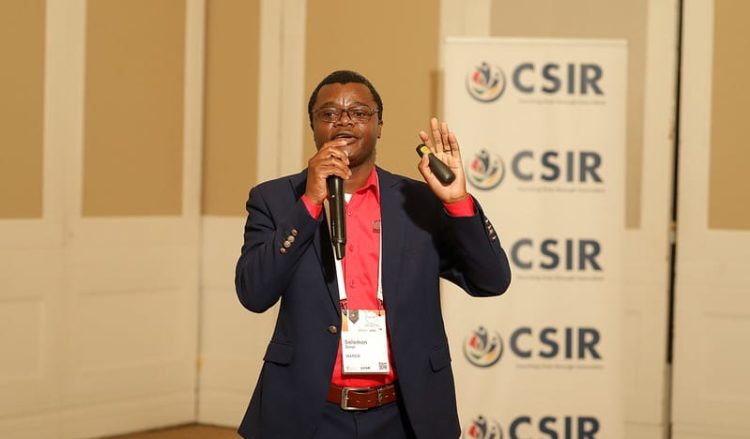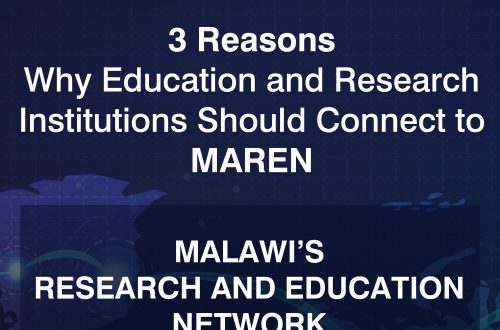
Our CEO, Solomon Dindi, had the honor of attending and presenting at the CHPC Conference in Port Elizabeth, South Africa on the 3rd of December 2024. He delivered a presentation on MAREN’s vital role in driving ICT development in Malawi, shedding light on the unique challenges and opportunities that shape our contributions to education and research.
To fully appreciate MAREN’s impact, Dindi, presented the essential context of Malawi’s socio-economic and demographic profile landscape which impacts or is impacted by the services MAREN offers. Among others, this centered on the population density of 595 people per square mile (compared to SADC’s 71) and a growth rate of 2.71%, over half of the population is under 18, compared to SADC’s 50%. Despite this youthful demographic, 50.7% of Malawians live below the poverty line, with 70% earning less than $2.15 per day. The country faces vulnerabilities to natural disasters, limited access to education, underdeveloped telecom infrastructure, low mobile penetration, and an inadequate 400MW power supply.
In response, MAREN’s establishment has enhanced ICT services across Malawi’s education sector. Operating as a not-for-profit entity, MAREN works closely with public universities, the government, and international partners. Through the World Bank grant, under the Digital Malawi Project, MAREN has achieved significant milestones, including a 10Gbps international network via UbuntuNet Alliance, connecting all six public universities and faith-based institutions. MAREN now leads in IPv6 deployment, and has activated eduroam across campuses, piloted Single Sign-On (SSO) for Research4Life, and deployed High-Performance Computing (HPC) in 2022.
The CEO also outlined important partners that have shaped MAREN over the years.
“MAREN has established strategic partnerships with prominent hardware providers, including Huawei, and has implemented caching services for major platforms like Google and Facebook at Malawi’s main Internet Exchange Point. Furthermore, MAREN has fostered collaborative relationships with regional National Research and Education Networks (NRENs), such as ZAMREN and TERNET, to drive high-capacity connectivity and facilitate seamless data transfer.”
Reflecting on its journey, MAREN underscores on the importance of government support, strategic partnerships, and continuous capacity-building. It recognizes the need for alternative revenue streams and stresses trust-building within its community to ensure long-term adoption of services. These efforts align with the broader national agenda, ensuring that MAREN remains a relevant and transformative force.
MAREN’s story is a demonstration on how National Research and Education Networks (NRENs) can address systemic challenges through innovation and collaboration. By bridging gaps in education and research, MAREN is laying the groundwork for a brighter future in Malawi’s ICT landscape.
Subscribe To Our Newsletter
Get updates and learn from Us
More To Explore

Breaking the Campus Barrier: How Malawian Students and Researchers Are Accessing Knowledge Anywhere
For years, access to global academic resources in many Malawian universities came with clear limitations.

3 Reasons Why Malawi’s Education and Research Institutions Should Connect to MAREN
The Malawi Research and Education Network (MAREN) supports universities and research institutions across Malawi to
